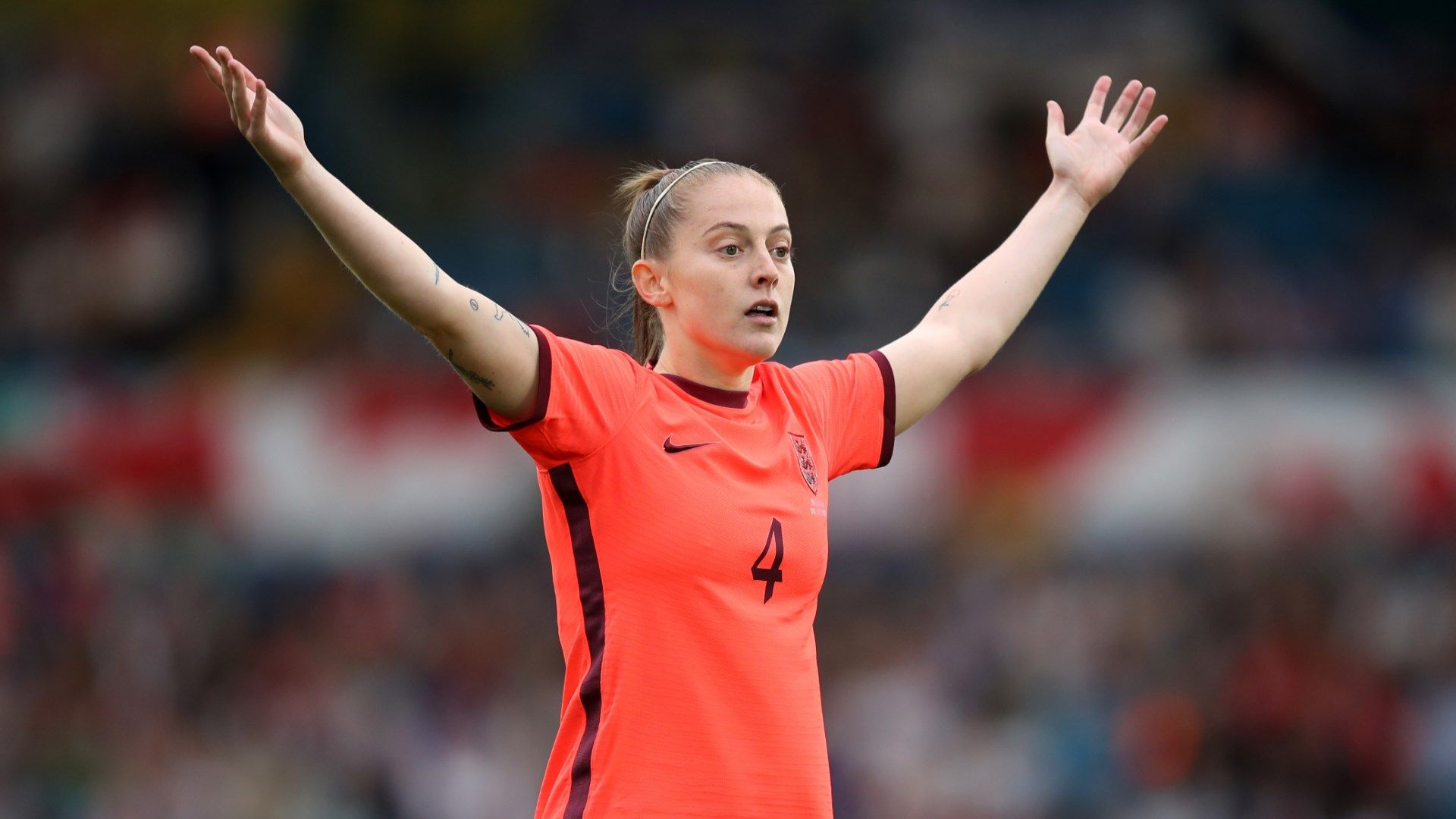- FIFA selling Women's World Cup rights separately this year
- Infantino says some offers are not 'fair'
- Threatens not to broadcast in those countries
WHAT HAPPENED? FIFA is selling the rights for the women's and men's tournaments separately for the first time this year and Infantino has said that offers from the United Kingdom, Spain, Italy, Germany and France were "disappointing" and a "slap in the face" of the players. While it was reported that the showcase event was on course for the sale of a record 1.5 million tickets, it had also been suggested that up to two billion viewers would be watching on from afar. Broadcasting rights, then, are an important issue that need to be resolved.
For the 2019 Women's World Cup, Fox and NBC Sports had those rights in the U.S., for English and Spanish speakers respectively, while the BBC were the sole broadcasters in the UK for the international tournament. Elsewhere in Europe, free broadcasting services included TF1 in France, ARD and ZDF in Germany, RAI in Italy and Gol in Spain. Infantino's comments mark a difficult few months for broadcasting FIFA's global event, given several issues associated with the men's World Cup in Qatar.
🏆 TOP STORY: Messi Saudi trip not approved by PSG bosses
📣 HAVE YOUR SAY: Who will avoid relegation?
🚨 MUST READ: Would Mount to Arsenal work?
WHAT THEY SAID: "The offers from broadcasters, mainly in the 'big five' European countries, are still very disappointing," Infantino said. "Whereas broadcasters pay $100 million-200 million (£80m-£160m) for the men’s FIFA World Cup, they offer only $1-10 million (£800k-£8m) for the FIFA Women's World Cup. This is a slap in the face of all the great FIFA Women's World Cup players and indeed of all women worldwide.
"It is our moral and legal obligation not to undersell the FIFA Women’s World Cup. Therefore, should the offers continue not to be fair, we will be forced not to broadcast the FIFA Women’s World Cup into the 'big five' European countries."
THE BIGGER PICTURE: While the women's game has grown a lot in recent years, there are still a lot of steps to be taken in its development - which will in turn increase the value of its rights. Given that the tournament will be played in Australia and New Zealand and therefore will not be at prime-time for European nations either, there are a lot of different factors to be taken into account when it comes to this situation.
Indeed, group matches may pose a particular difficulty to European viewers especially, given the need to squeeze three to four games into a single day. A typical timetable in the opening round of matches will include fixtures starting from as early as 01:00, 02:00 or 03:30 (all BST) through to 06:00, 07:00 or 08:30 (all BST). Only a handful of matches will be played at more 'regular' times for a European setting, such as midday or 13:00 (BST), and the time difference means no 'evening' matches will be played at all.
WHO WILL BE INVOLVED AT THE WORLD CUP? The World Cup features eight groups of four teams, with a staggering eight sides making their debuts at the showcase tournament - Haiti, Republic of Ireland, Morocco, Panama, Philippines, Portugal, Vietnam and Zambia. The likes of the USWNT, England, Germany and Spain are among the favourites to go on to lift the coveted trophy. England's hopes of emulating their European success last summer were dealt a significant blow after a handful of star names were ruled out of the tournament through serious injury.
HOW MUCH PRIZE MONEY IS ON OFFER? FIFA President Gianni Infantino announced at the FIFA Congress that the 2023 Women’s World Cup prize money pool will be $110m. Although this figure is significantly less than what was awarded during the 2022 Men's World Cup, Infantino has promised that the governing body is fighting to get equal pay. Despite the comparatively low amount, it is an increase of $80m from the 2019 pool that was a total of $30m.
| Position | Prize Money |
|---|---|
| Winners | $4 million |
| Runners-up | $2.6 million |
| 3rd place | $2 million |
| 4th place | $1.6 million |
| 5th-8th place | $1.45 million |
| 9th-16th place | $1 million |
| 17th-24th place | $750,000 |
IN THREE PHOTOS:
 Getty
Getty.jpg?format=pjpg&quality=60&auto=webp&width=380) Getty
Getty.jpg?format=pjpg&quality=60&auto=webp&width=380) Getty
GettyWHAT NEXT? With less than three months until the Women's World Cup begins, FIFA and broadcasters will continue to negotiate. For the UK, the Guardian has reported that a television deal "is not a million miles away" and that Infantino's comments are directed more at the rest of the 'big five'. Despite this assurance that a deal will be struck, the same report states that a BBC spokesperson refused to "comment on sports rights negotiations."